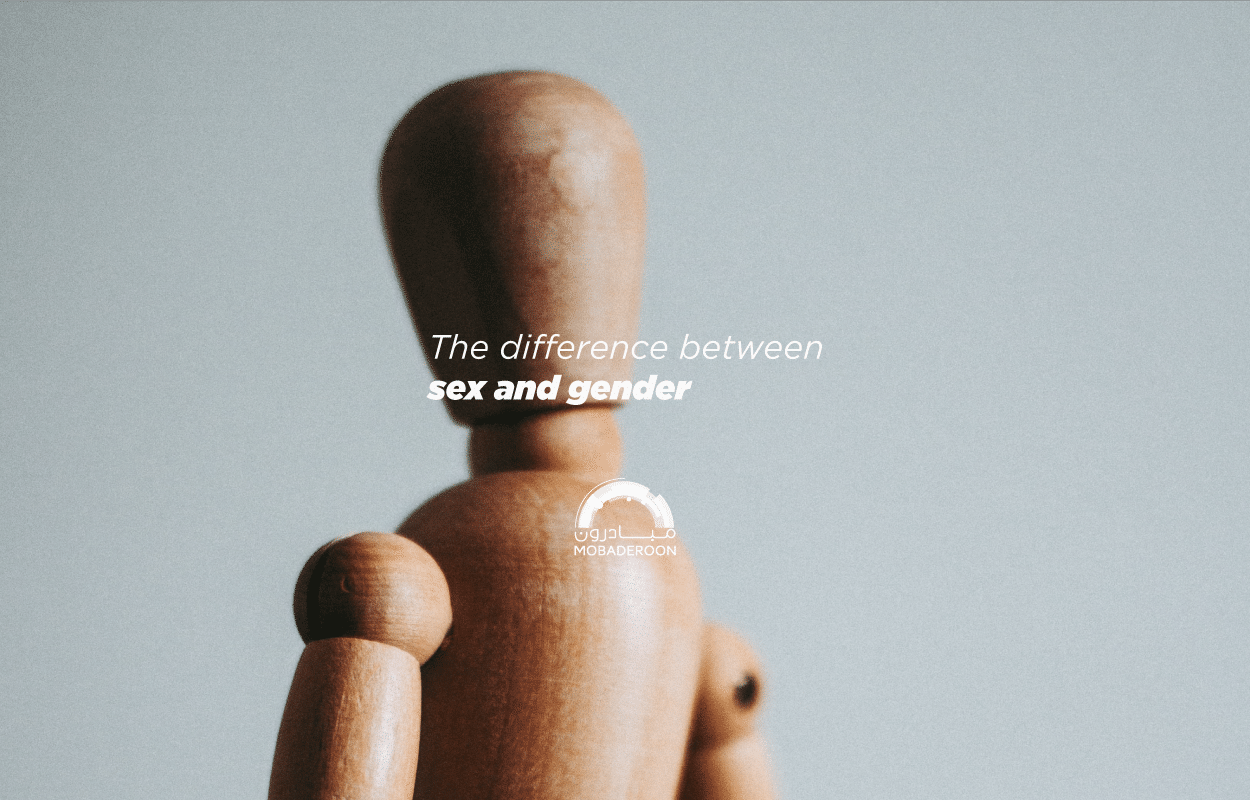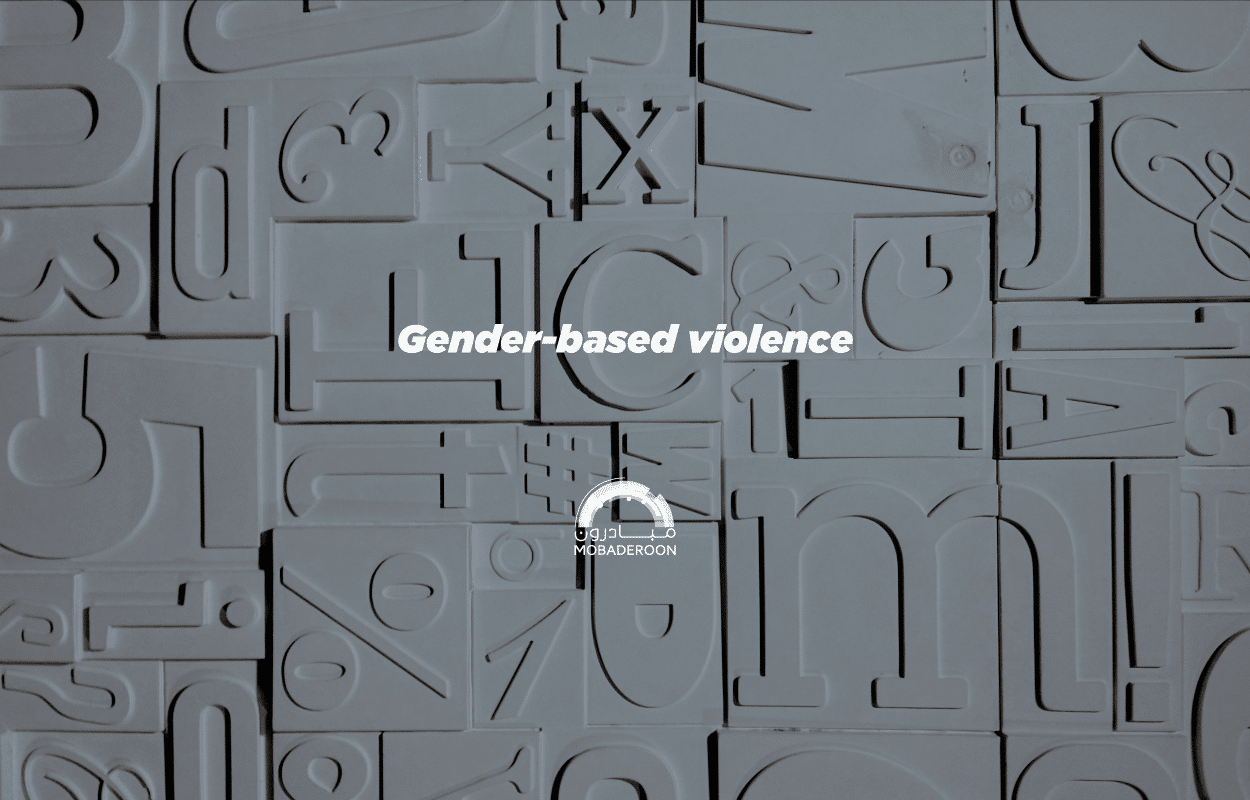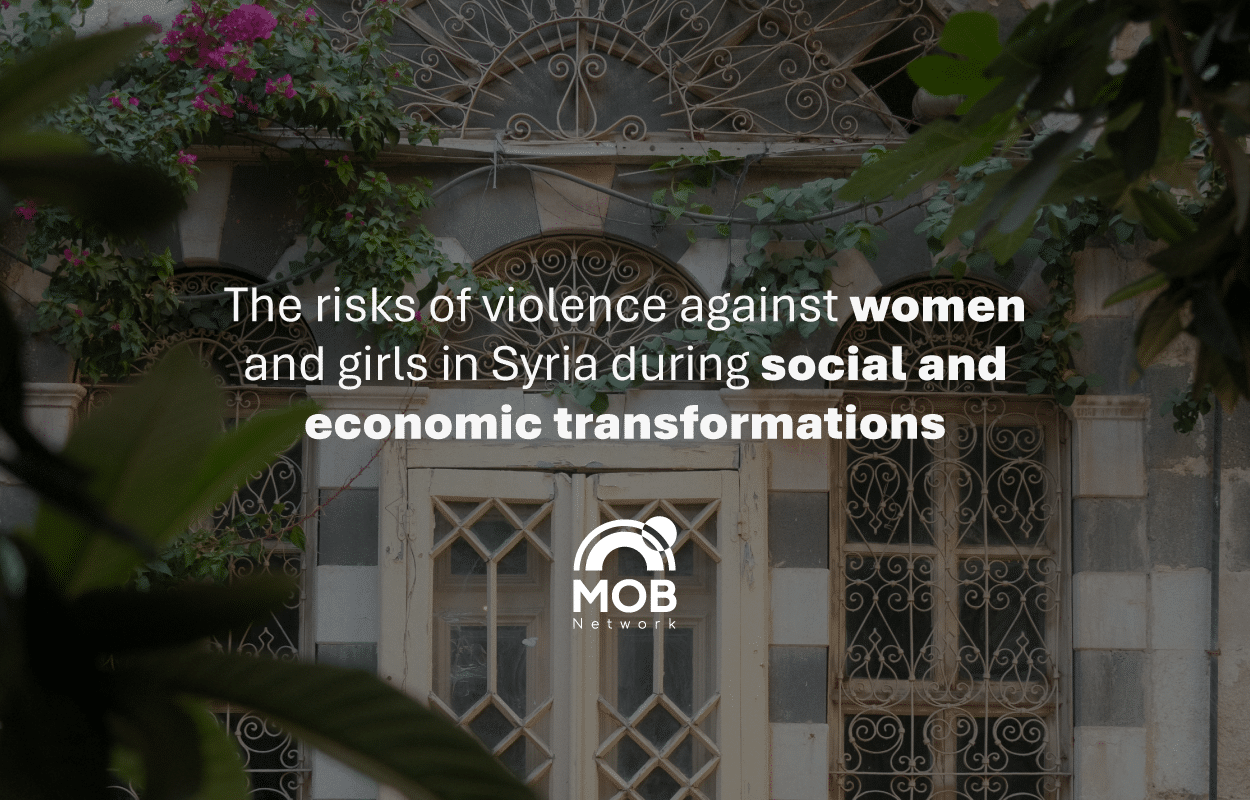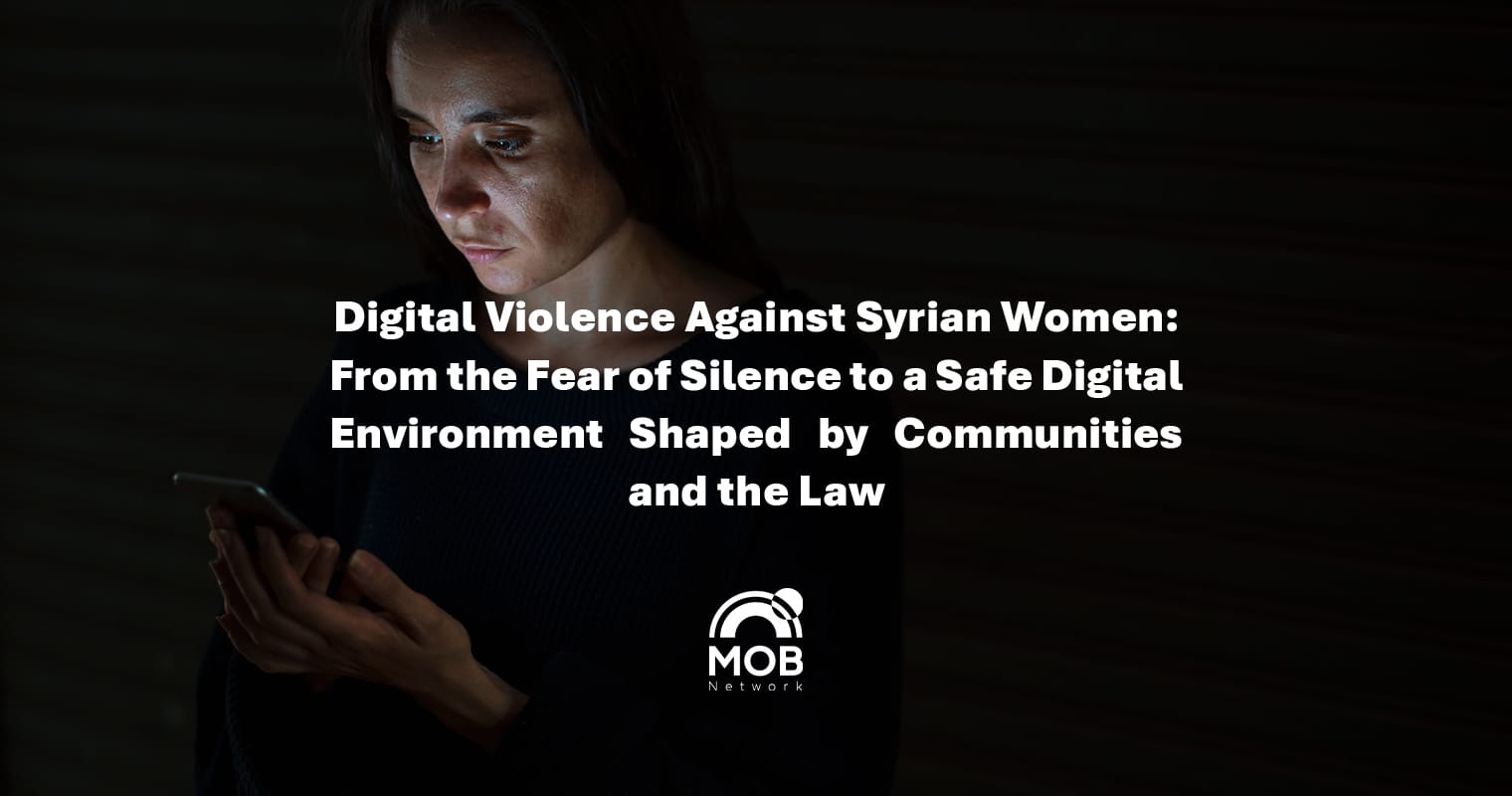“Eating sweets gave her a girl while eating salty gave her a boy. What have you craved so far?”
“Are you with a boy or a girl?”
Questions that we often hear whenever there is a pregnant woman in our midst!
We could also hear phrases like:
“A girl should not drive a truck!”
“A man should not work as a dressmaker!”
Because of many customs and traditions, these questions have become part of the societal and cultural heritage; i.e., being a man or a girl comes with pre-determined roles at home, work, and within a family or a community.
Gender: Concept and Circulation
“Being a woman, you belong in your home, kitchen, doing laundry, and raising kids. No need to work! Why should you study engineering? This is men’s work!”
“you’re a man! You work outside the house! It is a shame to help your wife or mother do the dishes!”
And many other phrases we often hear related to either men or women.
What is called gender comprises social roles and values that society defines for both women and men, roles that change according to customs, traditions, and values, and are also susceptible to change in line with place and time.
The spread out of this concept began in the West during the 19th century through 3 feminist-oriented waves, which carried the term “Feminism”, which appeared in North America, and then moved to Western Europe. Its use spread out extensively with the beginning of 1988; Where feminists demanded equality between men and women in terms of duties and rights.
We can define gender as the social role, social status, and moral value that an individual carries in a society, which are related to being male or female; And that the biological characteristics that both men and women carry are fixed and do not change, and from this, we can see that there is a difference between sex and gender.
Difference between Sex and Gender

Sex: the set of special biological and physical characteristics of each man and woman, it shows the biological differences that distinguishes males from females, and the consequent pregnancy and childbirth, and of course physical difference, according to the World Health Organization.
Gender: As we mentioned earlier, it is the roles, behaviours, activities, and socially defined characteristics of women and men that they have roles that suit them. Gender is built through social upbringing, and is determined by customs, traditions and values.
The role of women previously was enshrined in society as the wife and mother, so it changed to the working and active woman in society outside the scope of the family, although her sex and physiological nature did not change, and this is what gender means.
Gender Roles and Concepts
Reproductive Role
It is not confined to the woman without the man, considering it as a common part, and it also includes the household chores, raising and caring for the children, and their (father and mother) cooperation on that.
Community Role
It is an extension of the reproductive role. This role is divided between men and women according to societal culture. It seeks to provide services that help society survive and develop, such as neighborhood committees and organizations.
Productivity or Economic Role
The roles played by men and women alike, for which they receive specific wages. However, there is a gender gap so far that stands as an obstacle to justice, and this was confirmed by the statement issued by the World Economic Forum, and that women do not take their right to work and wages, although they sometimes occupy the same position as men at work, they receive higher wages only because they are men.
Political Role
the men’s monopoly of positions and power since the ancient times to our present is clear with regard to the role of women in this field, as it is little and limited.
The Convention on the Elimination of All Forms of Discrimination against Women addresses the issue of gender roles in society and affirms in its content that the full and complete development of any country, the well-being of the world, and the issue of peace all require the participation of women, on equal terms with men, with the maximum possible participation in all fields.
Gender-Based Violence (GBV)

The concept of gender on the local level is linked to gender-based violence (GBV), which can be defined as:
“Violence committed against a person because of his or her gender, i.e., forcing a person to do something against his/her will through violence, coercion, threat, deception, cultural pressure or economic means. Although the majority of survivors of this violence are girls and women, boys and men have a big share of it, too.”
Recently, this concept has spread widely, as gender-based violence is defined in addition to clarifying its difference from violence itself through community experiences.
One of these experiences was through the vocational training program in Lattakia, where a 50-year-old woman asked to learn the profession of repairing refrigerators and washing machines, a profession known to be purely masculine from the public’s perspective. Her perspective was that this profession is a good one and because of the current conditions and the presence of many women who do not have a breadwinner, it is unacceptable and undesirable for a stranger to enter the house according to customs and traditions, and this request came after a campaign explaining the role of women and its importance and how there are working and active women in society.
The experience of women driving public transportation vehicles is reprehensible and did not exist previously, but now it is present despite its rarity, with the spread of some taxi-order applications, there are women who provide this service.
There are many other similar experiences that broke the stereotypes of both female and male work.
Here, we must emphasize that gender does not concern women only, nor does it relate to sex or control over men. It is not a movement that aims to destroy the family, nor to overturn societal values, customs, and traditions. It also does not mean that a woman abandons the care of her children or abandons her femininity; Rather, by gender we mean the roles, rights, duties, and practices of women and men in society.
Awareness of the importance of the social roles in all places and jobs and that equality among them through their knowledge of their rights is what achieves development and leads to protecting the individual from bullying and disapproval in the event of choosing a role that is customary and socially exclusive to one gender over the other and does not mean abandoning the identity of the individual himself/herself and changing his/her biological sex.
We all are able to do work and adapt to its patterns and dealings. There are many women who have achieved great success in masculine positions according to international and Arab norms, including political, economic, and sports ones, and have commanded respect for them regardless of their sexual identity. On the other side, we see many fields that men practice and excel in more than women, such as fashion design and cooking, which were tasks associated with women exclusively.
Author: Sahir Isseh
Read More:
Women’s Roles between the Home’s Anvil and Work’s Hammer





